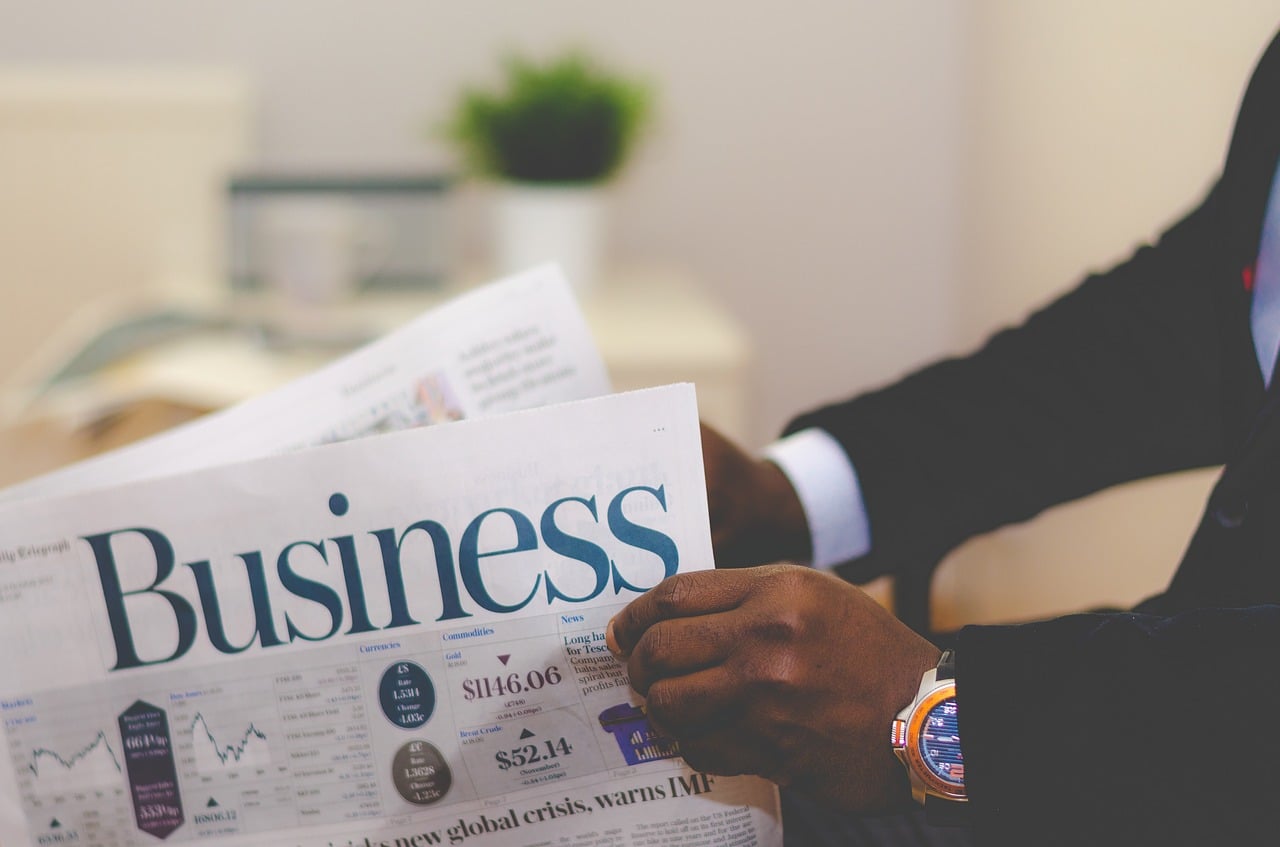We depend on the financial news media to unmask fraudulent companies and investigate potential frauds, but that all comes at a cost, often to the journalist who does the work. Even in the U.S., journalists sometimes receive death threats for articles they write, but those are the stories that usually don’t make it into the newspaper or online media—until now.
During a panel entitled “Fraud and the Media” as part of the “Fraud in the Bull Market” series at University of California, Berkeley, Roddy Boyd of the Southern Investigative Reporting Foundation, Jesse Eisinger of ProPublica, Linette Lopez of Business Insider, and Francine McKenna of MarketWatch shared their experiences with reporting on potential frauds.
Q1 hedge fund letters, conference, scoops etc
Elon Musk
Moderator Herb Greenberg started out by asking Lopez about her experiences dealing with Tesla CEO Elon Musk. She emphasized that right now it's unclear whether the EV maker is actually a fraud, but even though some would say the jury is out on this question, she still had some interesting experiences to report. In fact, she described her exchanges with Musk as some of the "most bizarre exchanges" she has ever had.
Lopez wrote a number of stories about manufacturing problems at Tesla, and she said Musk got frustrated with her reporting, so he started tweeting that she had paid one of her sources and that reputed short-seller Jim Chanos was paying her. Laughingly, she said she wished Chanos was paying her, but he wasn't.
"What happens when someone with 22 million followers on Twitter harasses you and libels you on social media," she said, is that you "realize there are thousands of attractive Asian girls into electric vehicles and they're all tweeting at you."
She highlighted bots on Twitter as a big problem for journalists because bots tend to follow well-known CEOs, and they amplify whatever the CEOs say. Some bots are set up by the company, while others might be set up by those with an interest in electric vehicles, she explained.
"Bots will pick up and make you feel like the entire world is screaming at you for days and days," she said. "After a while it does get scary."
In some ways, she felt like the incident almost made her more famous because more people got interested in her reporting, but it also made her feel "less secure" in her home and workplace.
Although she made it very clear that it's unclear that Tesla is a fraud, but she described Musk's behavior as "a lot like [that of] CEOs who did run frauds and who have threatened me in the past."
Wirecard
Boyd discussed his experiences with threatening lawsuits, specifically from Wirecard. He said he received a "classic" legal letter with threats like "do not destroy" recently. When he saw it, he laughed and said the letter made him want to write a lot more about the company. He said one of the "classic leading indicators of where a company is in the credibility arc" is when they begin making veiled, non-specific threats like the one he received. He added that although his foundation is a small, "semi-impoverished organization," they do have legal policies in place.
The problem in dealing with threats from Wirecard is that the Germany-based company could eventually sue him in Germany and force him to defend himself there. If the company happens to win the lawsuit, it could force him to remove his stories and cause him to be in default in Germany. However, the problem becomes even larger because any ruling in Germany is enforceable across EU member states, so if he ever shows up for vacation or a conference in any EU countries, his name will automatically be placed on the "do not enter" list.
Biovail
Eisinger talked about his experiences with Biovail, which later went on to merge with Valeant Pharmaceuticals. He described Biovail as his "most memorable retaliation." He wrote about the company when he was at The Street in the late 1990s. At the time, the company was run by Eugene Melnyk, a man he described on the record as "definitely not a congenital liar, certainly not a serial fraudster, probably loved puppies and was kind to children."
He said Melnyk had a number of trusts in the Caribbean created for children, and he was legally prohibited from trading in them or directing what as to be done with them. However, Eisinger said Melnyk was secretly directing the money by having the trusts trade in and out of his own company, Biovail.
"And his timing was excellent, by the way, in these trades," he added.
Eisinger wrote about a recording of Melnyk he had in which he said the trusts were "just like moving money from his right to his left pocket." After he ran the story, some investigators from the Manhattan District Attorney's office came to see him. He initially thought they wanted to find out what he had learned because he had thought they were investigating Melnyk, but in reality, they were investigating him.
The investigators said they had an "earwitness" who said he had impersonated Melnyk to get private brokerage information, and they were investigating the allegation. After speaking with them a while, the investigators realized that the allegations were false.
This article first appeared on ValueWalk Premium






